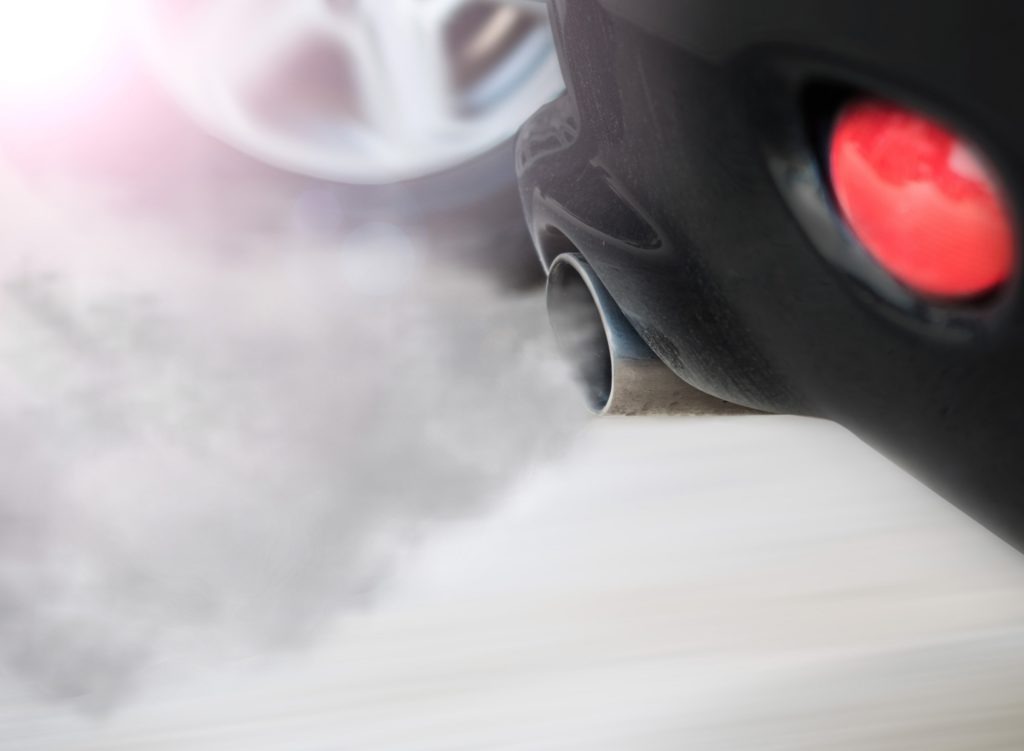Three Japanese manufacturers found to have improperly tested vehicle emissions
09 August 2018

9 August 2018
The Japanese Government has said that Mazda, Suzuki and Yamaha improperly tested vehicles for fuel economy and emissions, in the latest case of data falsifications by the country’s manufacturers.
Following the revelations that Nissan and Subaru had improperly tested vehicles last year, while Nissan recently admitted that it had not measured emissions and fuel economy properly earlier this month, the news is another blow to Japan’s vehicle manufacturing industry.
Suzuki is Japan’s fourth-largest vehicle manufacturer and saw around half of the 12,819 sample cars tested fall foul of improper checks Similar improper tests were found for 72 of Mazda’s sample vehicles and seven of Yamaha’s sample motorbikes. None of these vehicles left the domestic market. Suzuki said it was not planning to issue any recall since the actual emission and fuel economy readings were not significantly affected.
′The checking mechanism was insufficient. We regret that we left the inspections to factories,’ chief executive Toshihiro Suzuki said at a news conference in Tokyo, after expressing his apology with a deep bow.
It was the second fuel economy testing scandal for Suzuki in two years. Its chairman Osamu Suzuki stepped down from his dual role as chief executive in 2016 after the company admitted to using fuel testing methods that were not compliant with Japanese rules.
Yamaha has also apologised for the findings, while Mazda, in a statement, said: ′We would like to offer our sincere apologies for the concern this matter has caused to our customers and to all our stakeholders. We are treating the matter very seriously and will make every effort to prevent similar occurrences in the future.’
The government report suggests that there was no effect on-specification fuel economy and emission figures, but errors occurred in test data directly from the manufacturers. Suzuki, Mazda and Yamaha must now make checks to ensure this situation does not happen again.
Manufacturing woes
Japan has uncovered a number of errors in its manufacturing programs from some suppliers. In October last year, alongside Nissan’s admission of improperly trained testers, automotive supplier Kobe Steel said it had falsified quality checks for products shipped to manufacturers including Nissan, Toyota, Mitsubishi and Mazda, as well as foreign clients Ford and General Motors.
Nissan and Subaru were also highlighted in October as failing to conduct proper checks on vehicles leaving the companies’ factories. Nissan suspended production at its Japanese facilities for domestic vehicles and ordered a recall of 1.2 million vehicles sold in the country over a three-year period. It is believed that the company has been conducting improper checks since 1979, using technicians who were not registered with Japan’s transport ministry, a necessity of automotive regulations in the country.
At the same time, Subaru said that the company had failed to follow proper inspection procedures for more than 30 years. The company stated that it has allowed uncertified technicians to conduct final inspections at its main Gunma factory located north of Tokyo.
Mitsubishi Materials Corp and Toray Industries, also key suppliers of motor parts to global manufacturers, admitted to product data fabrication last year.